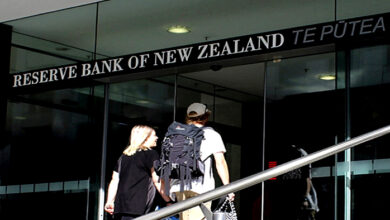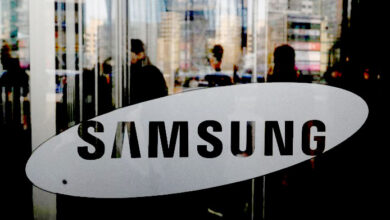India is waiting for WHO information about cough syrup and Gambia deaths.

Two Indian officials said Thursday that India is waiting for the World Health Organization to show proof of a link between an Indian cough syrup and the deaths of dozens of children in Gambia. This is because the U.N. agency said the medicine could hurt the kidneys.
The deaths of 66 children in the West African country hurt India’s reputation as the “pharmacy of the world,” which supplies medicines to all continents, especially Africa.
Related: Nikkei: Apple asks its suppliers to move the production of some AirPods and Beats to India.
“An urgent investigation has already been started,” said one of two health ministry employees who spoke to Reuters on behalf of the ministry but did not want to be named.
“Everything that needs to be done will be done,” India said, but it was waiting for a report from the WHO to find out the “causal relationship between death and the medical products in question” and other details.
WHO Director-General Tedros Adhanom Ghebreyesus told reporters on Wednesday that the U.N. agency was looking into the deaths caused by acute kidney injuries with India’s drug regulator and the company Maiden Pharmaceuticals, which makes cough syrup in New Delhi.
The U.N. health agency told the Drugs Controller General of India about the deaths at the end of last month. The regulator then started an investigation with state officials and the WHO, said the two sources.
The WHO said that tests in a lab showed that Maiden cough syrup had “unacceptable” amounts of diethylene glycol and ethylene glycol, which are toxic and can cause kidney damage quickly.
A phone call to a listed number for Maiden, which started doing business in November 1990, and an email asking for comment were both ignored. No one picked up the phone when they called the Drugs Controller General of India.
Indian ministry sources said that Maiden only made and sent the syrup to Gambia. On its website, Maiden says it has two factories in Kundli and Panipat, which are both near New Delhi in the state of Haryana. It also says it just opened a third one.
It can make 1.2 billion tablets, 600 million capsules, 18 million injections, 300,000 ointment tubes, and 2.2 million bottles of syrup every year. It says that it sells its goods in the United States and in Asia, Africa, and Latin American countries.
The two sources from the health ministry said that countries that buy these products usually test them before letting people use them.
Related: China’s Xiaomi says it will protect its business interests after India freezes its assets.
The WHO said that the Maiden products (Promethazine Oral Solution, Kofexmalin Baby Cough Syrup, Makoff Baby Cough Syrup, and Magrip N Cold Syrup) may have been sold in other places through informal markets, but they had only been found in Gambia.





